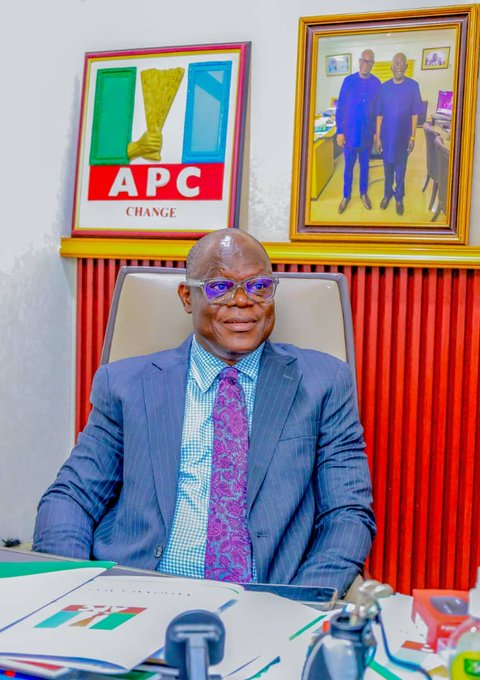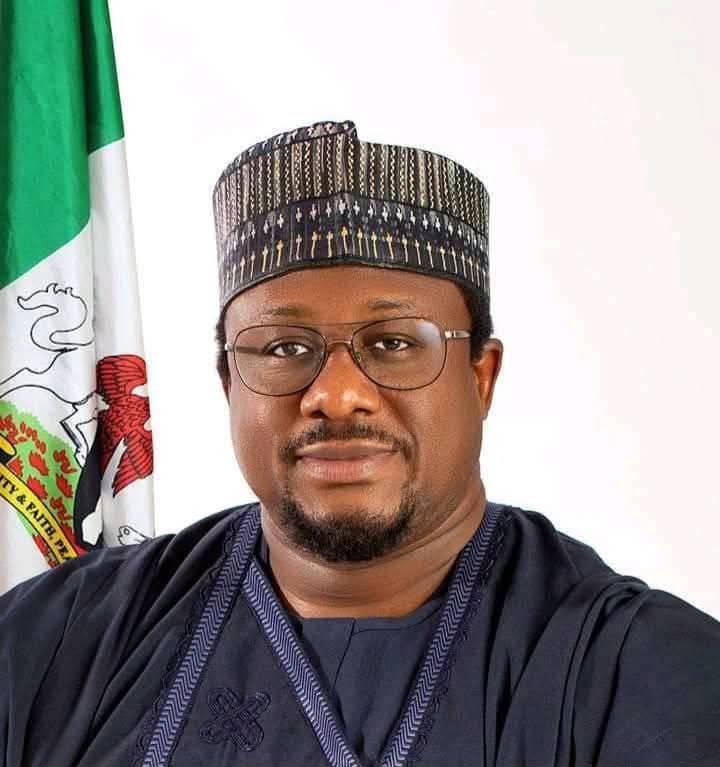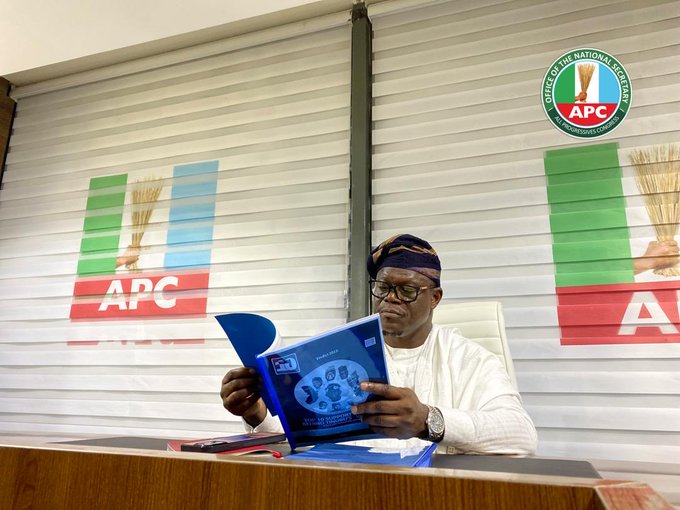Abuja, As Nigeria approaches another critical election cycle, coalition politics is once again taking centre stage. With no single party holding overwhelming national dominance, political actors are turning to alliances and mergers in a bid to boost their electoral prospects and challenge the complexities of Nigeria’s diverse, multi-ethnic democracy—with a shared goal of unseating President Bola Ahmed Tinubu.
The latest coalition movement, which began with modest consultations, has evolved into a broader political alignment. This includes the formation of the All-Democratic Alliance (ADA) and the revival of the African Democratic Congress (ADC) as a key coalition platform. Within a matter of weeks, this opposition alliance has attracted members from various political parties and high-profile Nigerians who have previously served as presidential candidates, ministers of the Federal Republic, state governors, senators, and federal lawmakers.
READ ALSO: Sowore blasts opposition coalition, rejects alliance
Prominent figures reportedly involved include David Mark, who now serves as Interim National Chairman of the ADC; Rauf Aregbesola, former Osun State Governor and interim national secretary; Peter Obi, former Labour Party (LP) presidential candidate; Atiku Abubakar, former Vice President; Nasir El-Rufai, former Governor of Kaduna State; and Rotimi Amaechi, former Minister of Transportation.
The coalition has pledged to put Nigerians at the heart of its decisions and is committed to confronting the nation’s most pressing issues—economic hardship, insecurity, and institutional decline.
APC Responds: “We’re Not Threatened”
With the coalition gaining momentum, political analysts speculate that the ruling All Progressives Congress (APC) may begin to feel the heat, particularly in light of current economic instability, rising inflation, and national security concerns under the Mr Tinubu administration.
Responding to inquiries from New Daily Prime, Senator Ajibola Basiru, APC National Secretary, dismissed any suggestions that the ruling party feels threatened.

“I can’t see any growing momentum of the opposition you’re claiming, so I have nothing to say,” he stated via text.
Nafiu Hamid, an APC chieftain from the Lagos State chapter, went further, describing the coalition’s emergence as an act of electoral desperation.
“The APC has never thrived on fear but on structure, national reach, and performance. Coalitions are a normal part of democracy. We saw one in 2014, when the APC itself was formed through a merger,” he said.
“Let’s not forget—many of the key figures in these coalitions were once part of the APC or PDP. This isn’t new terrain. We’ve survived tougher political storms—from internal wrangling to the #EndSARS aftermath—and still came out strong. We’re not scared; we’re focused.”
Mr Hamid also addressed the inclusion of Mr Obi in the coalition, noting that while Mr Obi’s performance in the 2023 election was notable, it was largely fuelled by a youth-led protest wave, not institutional political backing.
“Despite the social media momentum, he won only one geopolitical zone—the South-East—and came third overall. Unless this coalition can resolve its internal contradictions—such as who leads and what vision it shares—it’s unlikely to present a serious threat,” he added.
He further pointed out that the APC continues to control the North-West, North-East, and much of the South-West, which are home to Nigeria’s largest voting blocs.
“In 2019, Atiku and Obi ran together on the PDP platform and still lost to Buhari. Nigerians want performance, not patched-together alliances,” Mr Hamid said.
He concluded that the APC is not complacent, highlighting ongoing efforts to strengthen internal democracy, reconcile aggrieved members early, and increase grassroots engagement.
“You’ve seen Tinubu’s ‘Renewed Hope’ policies being recalibrated—from student loans to power sector reforms and major infrastructure projects. We believe that delivering results will do more than any speech or tweetstorm. Real power lies in local units—and APC still controls over 20 state governments, the Senate majority, and local councils. No coalition currently matches that.”
PDP Insists It’s Not Being Overshadowed
Meanwhile, a member of the House of Representatives, Hon. Joshua Gana, dismissed suggestions that the opposition coalition might eclipse the People’s Democratic Party (PDP).
Mr Gana, who represents the Lavun/Mokwa/Edati Federal Constituency, emphasized that the PDP remains focused on rebuilding its internal structures and preparing for a robust showing in the 2027 general elections.

He disclosed that the PDP is set to hold its national convention later this year and that preparations are already underway. The specific dates, he said, will be announced following approval by the Independent National Electoral Commission (INEC).
“We’re going to have our national convention later this year. The party organs will announce the date at the next NEC meeting after due consultation with INEC,” he said.
He described the convention as an essential step in repositioning the PDP and reaffirming its commitment to unity and a forward-looking agenda.
“Despite external political movements, the PDP remains a central force in Nigeria’s democratic process. We are committed to offering Nigerians credible and tested alternatives,” Mr Gana concluded.
With coalition politics reshaping the political terrain, all eyes are now on how the opposition will manage internal rivalries and present a unified front. While questions remain about leadership, ideological coherence, and voter mobilization, one thing is clear: the race for 2027 has already begun, and coalition dynamics may prove to be a decisive factor.



